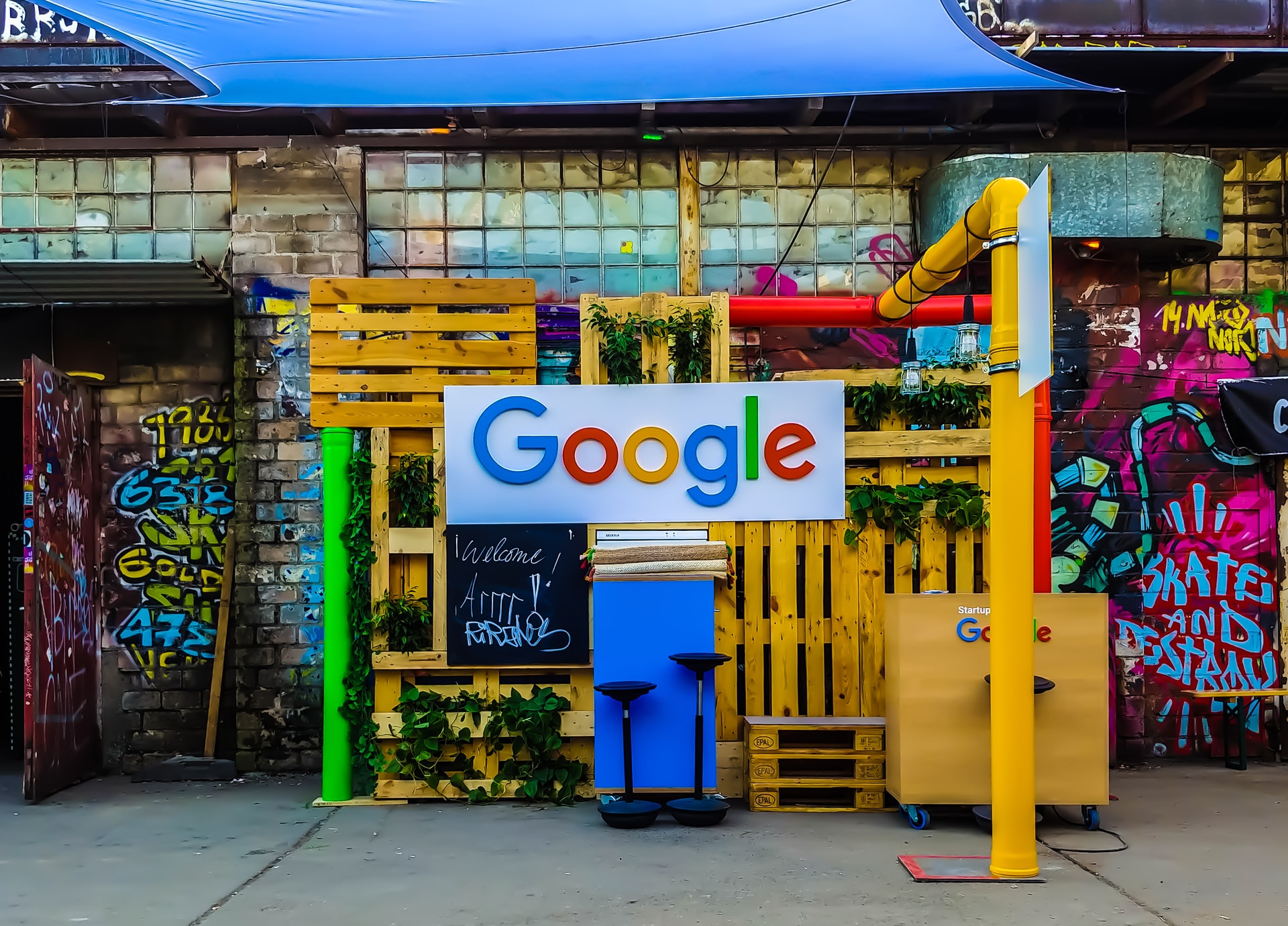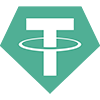
Conversion Rates of SEO and PPC: A comparison of industries
Both SEO and PPC can generate positive business results for your brand when weighing their pros and cons.
What is PPC – PPC stands for Pay Per Click. This model of advertising is used in Google ads and also Facebook advertising where you are paying a fee for each click that is generated on that platform. It is a way of buying visits to your site rather than “earning” them organically via (SEO – search engine optimisation)
SEO can be highly profitable and produce long-term, sustainable results in the right hands. It’s imperative to understand, though, that results don’t happen overnight. PPC is a rapid method of getting results. The downside is that PPC is costly and increases your CPA.
Both SEO and PPC have many interesting statistics in the pro and con columns. Still, the primary figure most people are interested in is the difference in conversion rates between the two search marketing methods. So here is that statistic: Conversion rates across all industries for SEO are 2.4 per cent and for PPC are 1.3 per cent.

Conversion rates for SEO and PPC by industry
Digital marketing’s holy grail is conversion, but figures across industries can be challenging to interpret. The reason is that every industry has its variations and permutations, which is why we will look at conversion rates in specific industries to provide the most relevant information.
| Industry | Average SEO Conversion Rate | Average PPC Conversion Rate |
|---|---|---|
| Addiction Treatment | 2.1% | 1.1% |
| Biotech | 1.8% | 0.7% |
| B2B SaaS | 2.1% | 1.0% |
| Commercial Insurance | 1.7% | 0.9% |
| Construction | 1.9% | 1.9% |
| eCommerce / Retail | 1.6% | 1.3% |
| Financial Services | 2.2% | 0.3% |
| Higher Education and College/University | 1.4% | 1.7% |
| HVAC Services | 3.3% | 1.8% |
| Industrial IoT | 2.2% | 0.9% |
| Legal Services | 7.5% | 2.2% |
| Luxury Goods | 1.1% | 0.3% |
| Manufacturing and Distribution | 3.0% | 1.0% |
| Medical Device | 3.1% | 0.9% |
| Oil and Gas | 1.7% | 1.5% |
| PCB Design and Manufacturing | 2.3% | 1.4% |
| Pharmaceutical | 2.0% | 1.4% |
| Real Estate | 2.8% | 0.8% |
| Sales & Marketing | 1.8% | 1.3% |
| Solar Energy | 2.7% | 1.9% |
Source: FirstPageSage
Where SEO and PPC conversion rates differ the most
A business that generates just a few leads each week and is in a hyper-local market with little competition could likely improve its rankings with a bit of SEO work without too many concerns.
A new e-commerce store competing with major department stores and online retailers like Amazon, eBay, and others is likely to struggle in organic search (at least in the short term). As a result, it is expected to require PPC to get an immediate foothold.
Are you in need of leads right now? What is your long-term strategy? What kind of website authority do you have? Which organic search competitors are there? How much does paid search cost in your industry? These are some variables that need to be explored when assessing whether SEO or PPC is appropriate for your business.
The conversion rate of SEO is nearly always greater than that of PPC, but in specific industries, the gap is quite large. The following are the five industries where the difference is the most significant:
- Banking and finance: SEO converts customers at 7.3 times the rate of PPC
- Luxury goods: 3.7 times PPC
- Real estate: 3.5 times PPC
- Medical devices: 3.4 times PPC
- Legal services: 3.4 times PPC
One of the primary characteristics these industries share is relying on trust and authority. So, for example, a person will not hire a lawyer simply because their firm spent more on PPC.
They want to know they are enlisting somebody they can trust, and organic ranking and reviews allow them to see the leader in their field locally.
Budgeting for SEO versus PPC based on conversion rate differences
Pay-per-click (PPC) tends to dominate search engine marketing campaigns, with search engine optimisation (SEO) occupying a relatively small part of budgets. However, because SEO is a long game, most businesses work towards achieving these SEO objectives while considering short-term marketing strategies that can improve bottom-line results.

Investing in a successful PPC campaign can make a big difference to your business. But do you have the budget for PPC? Can you increase your profits with PPC? Are the costs worthwhile?
In almost all instances, spending your marketing on revenue on either SEO or PPC will not maximise your potential.
On the surface, SEO appears to be the better bet in the long run because the conversion rate is higher. In some industries, like finance and banking, the difference is massive (2.2 per cent SEO conversions compared to 0.3 per cent conversions for PPC). However, SEO is a long game, and it may be some time before you see tangible results.
PPC remains a good investment for intangible reasons. With PPC, you can test out different keywords and get access to data immediately without investing months or years into SEO. Likewise, being visible in organic and paid search results provides a compounding benefit for companies. This is beneficial in the same way being seen both in search results and on social media is valuable.
As a result, mixing SEO and PPC makes sense. However, as a general rule, your search budget should be divided into 75 per cent SEO and 25 per cent PPC for optimal results across the board.
Should you outsource your SEO efforts?
The value of organic search is something SEO companies understand. You can use them to gain authentic traction online, and build an organic traffic strategy for the long term. A professional SEO company can help you get results faster and save you from costly mistakes.
It can be costly and time consuming to hire and train a team for SEO. Their salaries and bonuses are not the only things you pay for. You also pay for their computers, software subscriptions, health care, and other benefits.
In addition to training them on SEO principles, you should also teach them how to use SEO tools. There is more to becoming an SEO expert than just taking one training course, and training costs add up over time. We recommend outsourcing SEO because of the many cost and efficiency benefits they will provide.









